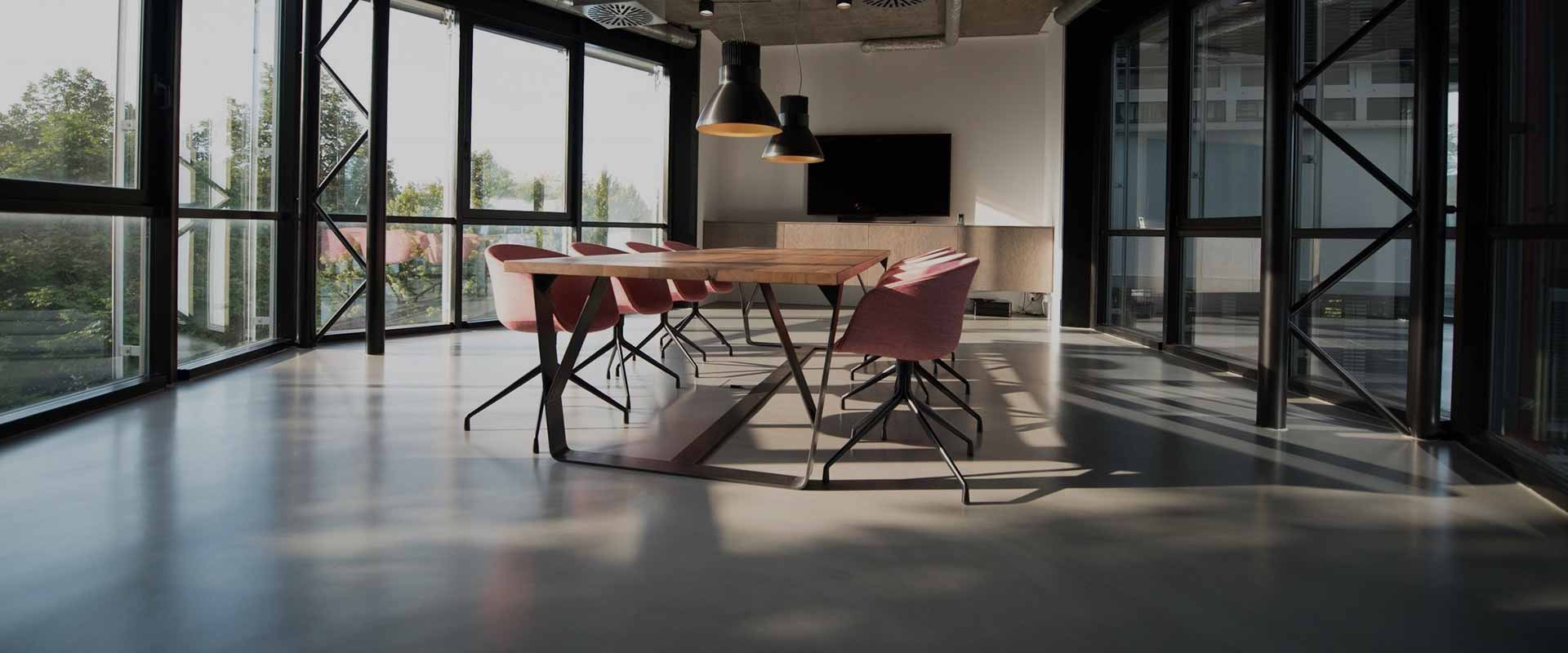Residential Ventilation in Dorset: The Key to a Healthier Home
Ventilation is an often-overlooked aspect of residential property in Dorset, yet it plays a crucial role in ensuring the health, comfort, and longevity of a home. Proper ventilation helps control humidity levels, improves indoor air quality, and prevents the buildup of harmful substances like mold, dust, and allergens. In this article, we will explore the importance of residential ventilation, the common types of systems used, and why investing in residential ventilation in Dorset homes is essential.
Why Residential Ventilation Matters in Dorset
Dorset, with its mix of coastal air, rolling hills, and varied weather, presents unique challenges when it comes to maintaining good indoor air quality. During the colder months, homes in Dorset are often sealed tightly to keep warmth in, which inadvertently traps stale air inside. This creates an environment for moisture to build up, leading to problems such as condensation, mold, and even structural damage over time.
Without proper ventilation, residents may also experience discomfort caused by stale odors, poor air circulation, and an increase in airborne pollutants, such as dust and pollen, especially in more rural areas. With more people spending time indoors, particularly during the winter, ensuring that your home has a suitable ventilation system is essential for overall well-being.
The Benefits of Proper Ventilation
- Improved Indoor Air Quality Stale air and high humidity levels can lead to an increase in pollutants like dust mites, mold spores, and VOCs (volatile organic compounds). Good ventilation helps expel these contaminants from the indoor environment, ensuring the air remains fresh and breathable.
- Moisture Control Excess moisture in a home can cause condensation on windows, walls, and ceilings, leading to mold and mildew growth. Ventilation systems effectively control humidity levels by allowing fresh air to circulate and remove excess moisture, which can help prevent these issues.
- Energy Efficiency Modern ventilation systems, such as Mechanical Ventilation with Heat Recovery (MVHR), can improve a home’s energy efficiency. These systems extract stale, warm air and replace it with fresh air while retaining most of the heat, minimizing energy loss and reducing heating costs.
- Healthier Living Environment Proper ventilation is vital for maintaining a healthy living space, especially for those with respiratory conditions like asthma, allergies, or COPD (Chronic Obstructive Pulmonary Disease). Ventilation reduces the concentration of allergens and pollutants, providing cleaner air for everyone in the household.
Types of Residential Ventilation Systems
When it comes to residential ventilation in Dorset, homeowners can choose from a variety of systems, depending on the age and structure of their home, as well as specific needs. Here are the most common systems:
1. Natural Ventilation
Natural ventilation uses windows, vents, and other openings to allow fresh air to flow in and stale air to escape. It is the simplest and most cost-effective option, but its effectiveness can be limited by the weather, the home’s design, and the location. It is often used in older properties or in areas where the weather remains mild.
Pros: Low cost, simple to implement Cons: Weather-dependent, may not be effective in winter or summer heatwaves
2. Extractor Fans
Extractor fans are a more targeted solution that can be installed in areas like kitchens, bathrooms, or utility rooms to remove moisture, odors, and pollutants directly from the room. They work by pulling air out of the space and pushing it outdoors. While effective at addressing specific problems, they don’t necessarily improve airflow throughout the entire house.
Pros: Affordable, easy to install in specific rooms Cons: Does not provide whole-house ventilation
3. Mechanical Ventilation with Heat Recovery (MVHR)
MVHR is one of the most efficient and modern ventilation solutions. This system uses a heat exchanger to transfer heat from the stale air leaving the home to the fresh air entering. The result is that fresh, filtered air circulates through the home while minimizing heat loss, leading to both improved ventilation and lower energy bills. This system is ideal for modern, airtight homes that prioritize energy efficiency.
Pros: Energy-efficient, provides continuous fresh air, reduces heating costs Cons: Higher upfront cost, requires professional installation
4. Passive Ventilation Systems
Passive ventilation systems rely on the natural flow of air, aided by ventilation ducts, vents, or chimneys. These systems are often designed for specific areas of the home, like attics or crawl spaces, to allow air to passively circulate and prevent the buildup of moisture.
Pros: Low maintenance, no electricity needed Cons: May not be sufficient for larger or more airtight homes
Choosing the Right System for Your Dorset Home
The ideal ventilation system for your home in Dorset depends on several factors, including the age of the property, the size of the home, energy efficiency goals, and specific issues such as dampness or poor air quality. Older properties in Dorset may benefit from a mix of natural ventilation and extractor fans, while new builds or modern homes may require more advanced solutions like MVHR systems to maintain comfort and energy efficiency.
It’s essential to consider your home’s unique needs and seek advice from local experts who can assess the layout, airflow, and insulation of your property. They can recommend the most suitable ventilation solution based on the specific challenges your home faces.
Conclusion: Protecting Your Home and Health
In conclusion, residential ventilation is essential for maintaining the health, comfort, and efficiency of your home in Dorset. The right ventilation system ensures better air quality, moisture control, and energy efficiency, all of which contribute to a more pleasant and healthy living environment. With various options available, it’s important to invest in the right system that fits your home’s needs. Whether you choose natural ventilation, an extractor fan, or a state-of-the-art MVHR system, proper ventilation is one of the most effective ways to safeguard your home and the health of its occupants for years to come.
If you’re unsure of where to start, it’s always a good idea to consult with a local ventilation specialist who can offer advice tailored to the specific conditions of your Dorset home.




